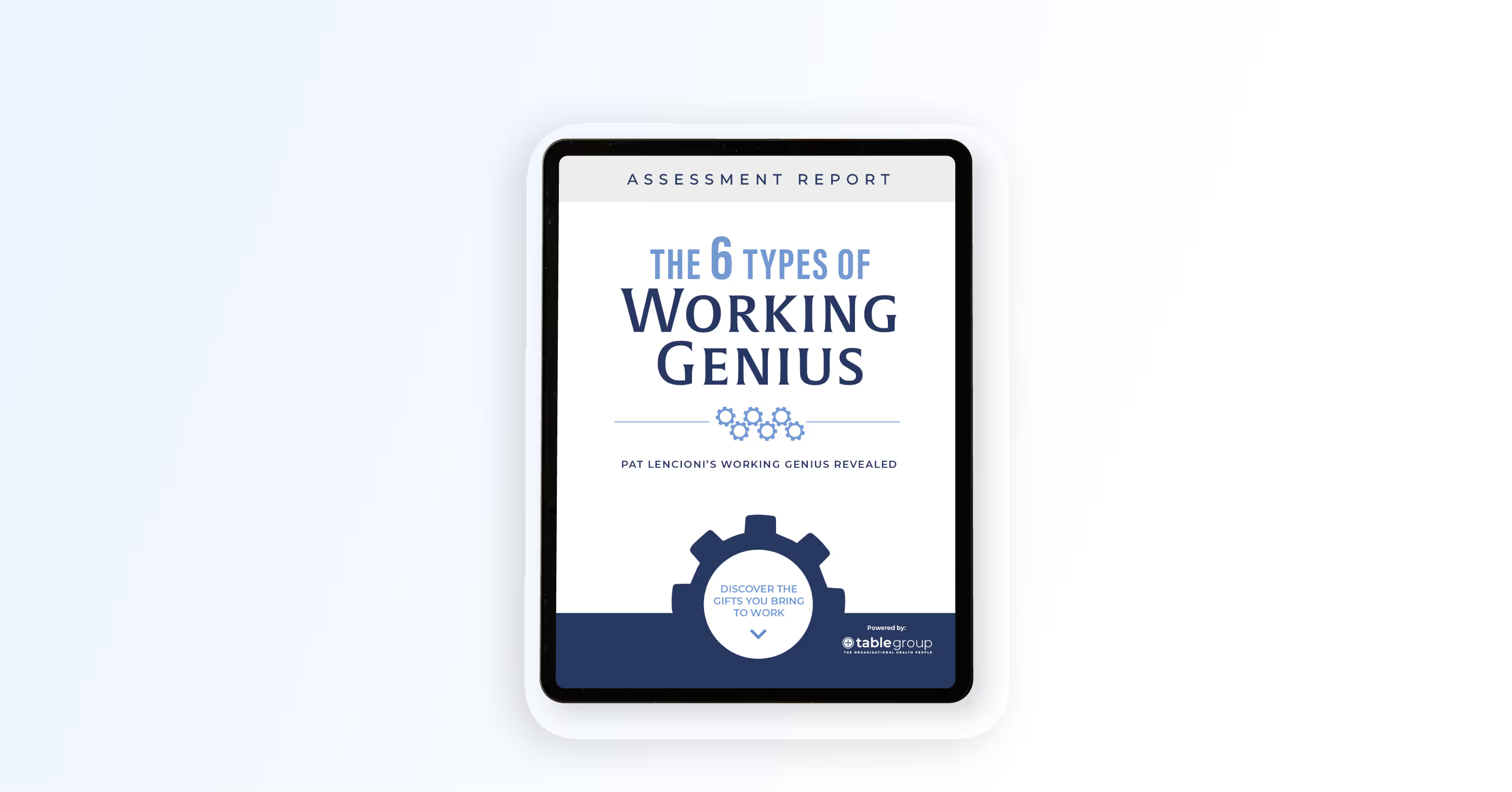Should You Use Multiple Domain Names for One Website?
Is having multiple domain names a good idea for your business? As it turns out, choosing to have more than one domain name has major SEO implications.

Multiple Domain Names Has Consequences
If you’re trying to figure out how to set up a second domain name for your website, then this article is for you. Before you decide on using a second domain name, we want you to know what that will mean for your SEO efforts.
Over the last 20 years, best practices on the internet have changed a great deal. With the advent of Google and its power to control the stream of traffic to websites, the manipulation practices of old have died.
One of the old practices that used to be effective but should be abandoned now is pointing multiple domains to one website.
Do not use more than one domain for a website. Using more than one domain for the same site or company confuses search engines and essentially spreads out your domain authority - an important ranking factor that communicates important information to Google about who you are, what you do, and how authoritative you are.
The result of using multiple domains is that you will not be as effective on Google, Bing, and other search engines. It can be very confusing for your customers as well.
Domain names should be unique, to the point, favoring.com, and not changed or manipulated over time.
How important is your domain name for search engine optimization? The answer is not very straightforward.
Read through this article, and I'd recommend checking out our article on the importance of your business name for SEO.
Understanding the Importance of Your Domain for SEO

One – Clarifying Your Brand
When you choose a domain name, you’ll want to make sure that it is concise, unique, and easy to type in. The primary thing you should think about is how the user experience is going to be when you are telling people your email address or having advertisements directed towards your website.
While there might be some benefit to having your product or service in your domain name, it’s much more important to make sure your domain will concisely communicate to the entire Internet what your brand identity is. I’m not saying that it needs to communicate what you do and where you do it, I’m saying that it needs to be distinguishable among billions of other webpages.
Remember that your domain name is only a small portion of your web identity. Your site name, page titles, meta-descriptions, and on-page communication is going to help the search engines figure out what you do and where you do it.
So, my advice?
When it comes to choosing a domain name, select just one name and make it simple as possible.
Also, try to make it somewhat unique or relateable so that it can stand out among seas of webpages.
Two – If You Must Have Different Sites, Use A Subdomain Rather than a New URL
Let’s say that you’re a real estate agent that has your website and then a third party service that hosts your listings. Rather than creating a new URL for these listings, you should make sure that this service simply points to a subdomain on your regular URL.
Ultimately, your search engine optimization will be driven by the quality of content on your website, but it’s better to stay at one central domain name rather than splitting it up.
Entrepreneurs and Their Multiple Domains
I personally have purchased hundreds of domains over the last five years, only because it’s an actionable step associated with entrepreneurial ideas. The result is that I have given Go Daddy too many dollars, and been unable to execute on hundreds of ideas. Remember that while a domain name might not be a bad thing to purchase for $15 a year, it’s not that great of and opportunity unless you actually perform business or create content.
Whatever you do, stick to one domain for each business or website.
Three – Use Subfolders
When you are creating content, it can be a very good idea to use subfolder directories on your website to help organize all the different content. This can communicate to Google the organizational structure of your content and it can also help people understand exactly how your site flows.
If you are going to have content concerning different subject matters, then bucket them out into categories on your site or subfolders on your domain.
Four - The Research Supports This Advice
There is no debate that using multiple domain names creates a disadvantage when it comes to search engine optimization. People conclusively agree with me on this subject.
The only debate that exists is whether or not you should use a subdomain or a subfolder for content. Rand Fishkin of moz.com has some great research and first-hand examples about the benefits of using subfolders over subdomains, and there are other search engine optimizers that claim there is no noticeable difference in search engine results. They also point to some content from Google that indicates that there should be no difference between using a subdomain or a subfolder.
Yes, there is debate about the exact tactics when you must have a separate website database, but there is no debate anymore about whether or not you should have more than one domain name pointing to one website.
The bottom line – stick to one domain name. It’s easy for people to remember and use and because of that, it's what Google and other search engines have chosen as a best practice.
Your domain name matters quite a bit, but remember that the search engines are in the business of serving up the most trustworthy and relevant solution to a question that it's been asked.
Should You Change Domains?
Another thing that we often see is that when people own more than one domain name, they might be tempted to jump around and change them periodically.
When it comes to domain names, you want to measure twice and cut once.
Changing your domain name is almost always devastating for search engine optimization because it's almost like changing the location of your business. When you change your URL, you make your referrer, the search engines, quite nervous.
Here's an analogy:
Imagine you've been running a business as a tour guide in your city. You've learned to end your tours at Lake & Irving Restaurant in Minneapolis because you know they have the best chicken sandwich in town. Everyday you bring people to "Lake & Irving" until one day you show up, and the sign has changed and it says something different and your restaurant has moved somewhere. As you stand there with your customers behind you, you start to wonder what's the least risky thing you can do - so you bring them to your next favorite restaurant.
Now if you're ever in Minneapolis, you've got to hit up Lake & Irving, and try their buttermilk chicken sandwich, it's the best fried chicken sandwich EVER.
But I hope you understand what we're portraying here - changing the URL is not good. It's best if you think like this in general when it comes to search engine optimization. You should imagine that the search engines are essentially bringing you THEIR customers, and you'd better handle them well if you want repeat business.
So do not change domain names - measure twice and cut once.
IF you happen to be in the situation where you chose a HORRIFIC URL or domain name, then you need to do a deep dive to understand how critical your organic search traffic from Google and Bing are, and then weigh the costs.
Well I hope this helps you understand whether or not you should use multiple domain names on one website, and what you should consider when you're contemplating switching domain names.
Free Guides & Blog Categories
We invest heavily in helpful content that assists small businesses owners.
Book a Consultation & Transform Your Business
Ready to transform your business? Book a call with Rob.












.avif)
.avif)









